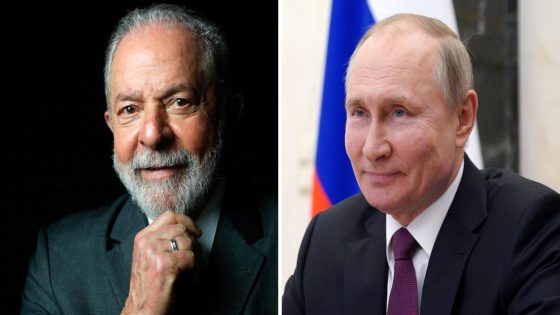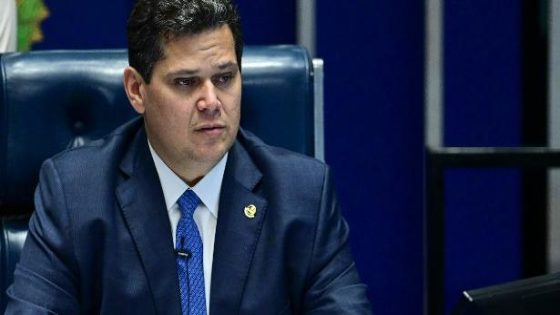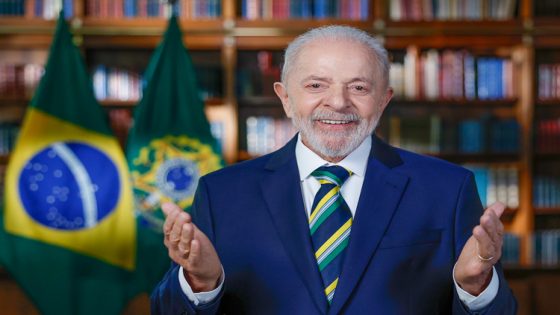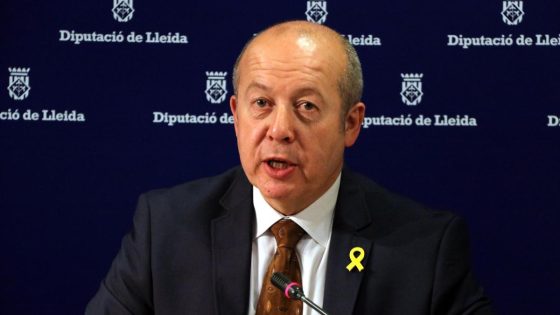On January 27, 2025, Brazilian President Lula spoke with Russian President Vladimir Putin, highlighting the significance of diplomacy during global tensions. The conversation touched on international conflicts, Brazil’s commitment to peace, and the upcoming 80th anniversary of the victory in World War II in Moscow.
- Lula and Putin discuss global diplomatic tensions.
- Brazil committed to promoting international peace.
- Putin invites Lula to WWII anniversary in Moscow.
- Cooperation in BRICS highlighted during conversation.
- Brazil's initiative against hunger praised by Russia.
- Proposal to resume Brazil-Russia High-Level Commission.
Brazil and Russia Strengthen Diplomatic Relations Amid Global Tensions
Why is diplomacy crucial in today’s world? In a recent phone call, Lula and Putin discussed pressing global issues, reaffirming their commitment to peace and cooperation. Lula’s willingness to attend the commemorations in Moscow signifies a deepening relationship between Brazil and Russia, which could have implications for international politics.
Key Topics Discussed in Lula and Putin’s Conversation
The dialogue between Lula and Putin covered several important topics that could impact global stability. Here are the key points:
- Lula’s concerns about international conflicts affecting global stability.
- Putin’s invitation for Lula to attend the 80th anniversary of WWII victory in Moscow.
- Support for Brazil’s presidency in the BRICS group and its initiatives.
- The launch of the Global Alliance against Hunger and Poverty.
Brazil’s Role in Global Peace Initiatives
Brazil has positioned itself as a key player in promoting peace through various international initiatives. The recent phone call with Putin underscores Brazil’s commitment to addressing global challenges collaboratively. This partnership may enhance Brazil’s influence in international forums, particularly in the context of the ongoing war in Ukraine.
Implications for U.S. Foreign Policy
The strengthening of ties between Brazil and Russia could alter the landscape of U.S. foreign policy. As Brazil engages more with Russia and other BRICS nations, the U.S. may need to reassess its strategies in Latin America and globally. This evolving relationship could lead to new economic and political alliances that challenge U.S. interests.

































